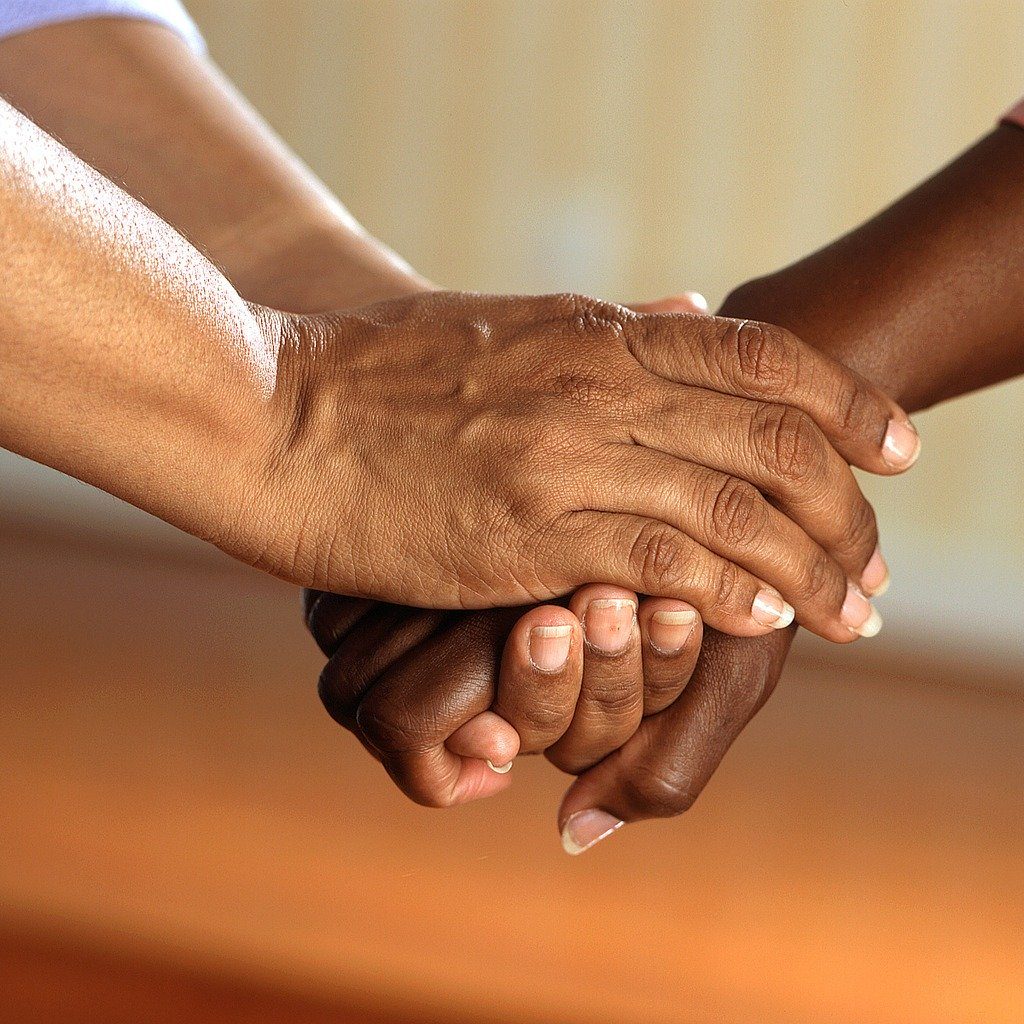There is so much to unpack when it comes to the relationship between parents of children with disabilities and actually disabled adults.

Carlyle King, Kevin Timpe, and I did our best to explore what this relationship can look like. Kevin and I have learned a lot from Carlyle, who is physically disabled and autistic.
We focused much of our conversation around autism. If you parent a child on the autism spectrum, I believe this is an episode you won’t want to miss. Regardless of your child’s disability, I believe you will find much of what Carlyle has to say to be challenging — in a good way.
This is important for all parents of children with disabilities to hear.
Listen to the show:
Don’t forget to leave a review on iTunes or stitcher.
Notes from the show:
The realities of the “Great Divide”: the divide between parents of children with disabilities and disabled adults.
“The problem with trying to fit a square peg into a round hole isn’t that it takes so much pounding, it’s that it destroys the peg.”
Carlyle King
We can reframe how we see disability if we learn from disabled individuals.
The initial medical context can often frames how we see disability because of a lack of personal connection to disabled adults.
Person-first language vs identity-first language, what is it and why does it matter?
“My whole message and that of other autistic advocates is that we as people deserve to be respected and to be treated with dignity.”
Carlyle King
As parents, our job is to protect our children’s dignity.
Disabled adults are actively advocating for our children too.
Autistic individuals can better relate to the experiences of others on the autism spectrum, often even better than their parents if the parents are not autistic themselves.
As parents, we still get to call the shots, but that doesn’t mean we shouldn’t be learning from disabled adults who share the same diagnosis as our kids. It can make us better parents.
“To be autistic is to live in a constant state of culture shock.”
Carlyle King
Some disabled individuals, especially those on the autism spectrum, may experience a “cultural disconnect.”
Some individuals with autism go through a mental checklist to interpret comments and conversations. It can be exhausting.
There is an assumption that disabled individuals or families where there are disabled children don’t want to participate in social events. We all just want to be invited.
There can be a perfect fit in friendships between parents of children with disabilities and disabled adults. We face many of the same social barriers and isolation.
As parents, do we model inclusion?
“You can’t expect the next generation to treat your children any better than you treat your own disabled peers.”
Carlyle King
Connecting to disabled adults can help you relate better to your children with disabilities.
As parents, we should look at disabled adults as our best resources.
Become a Patron!
